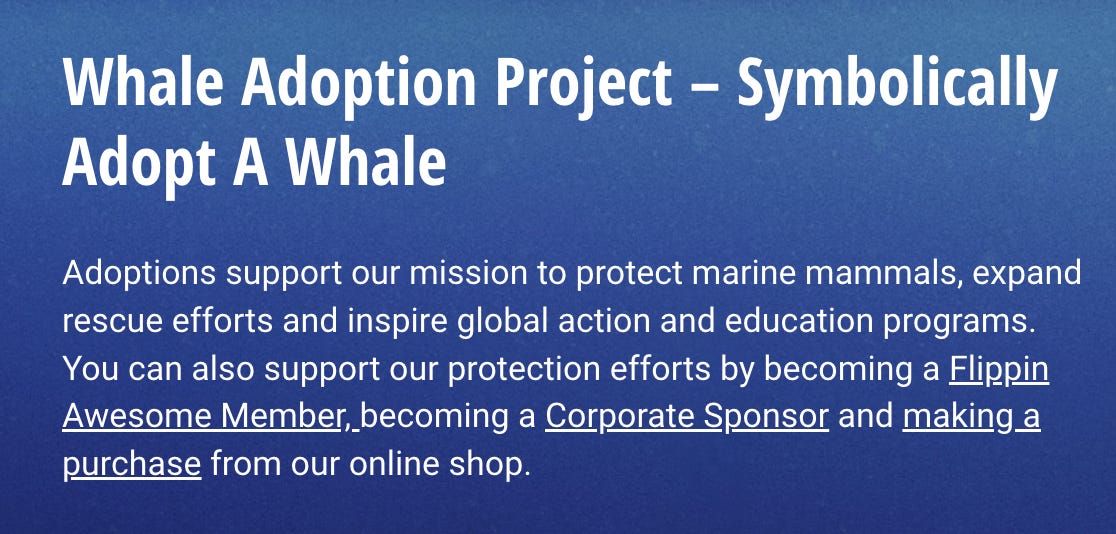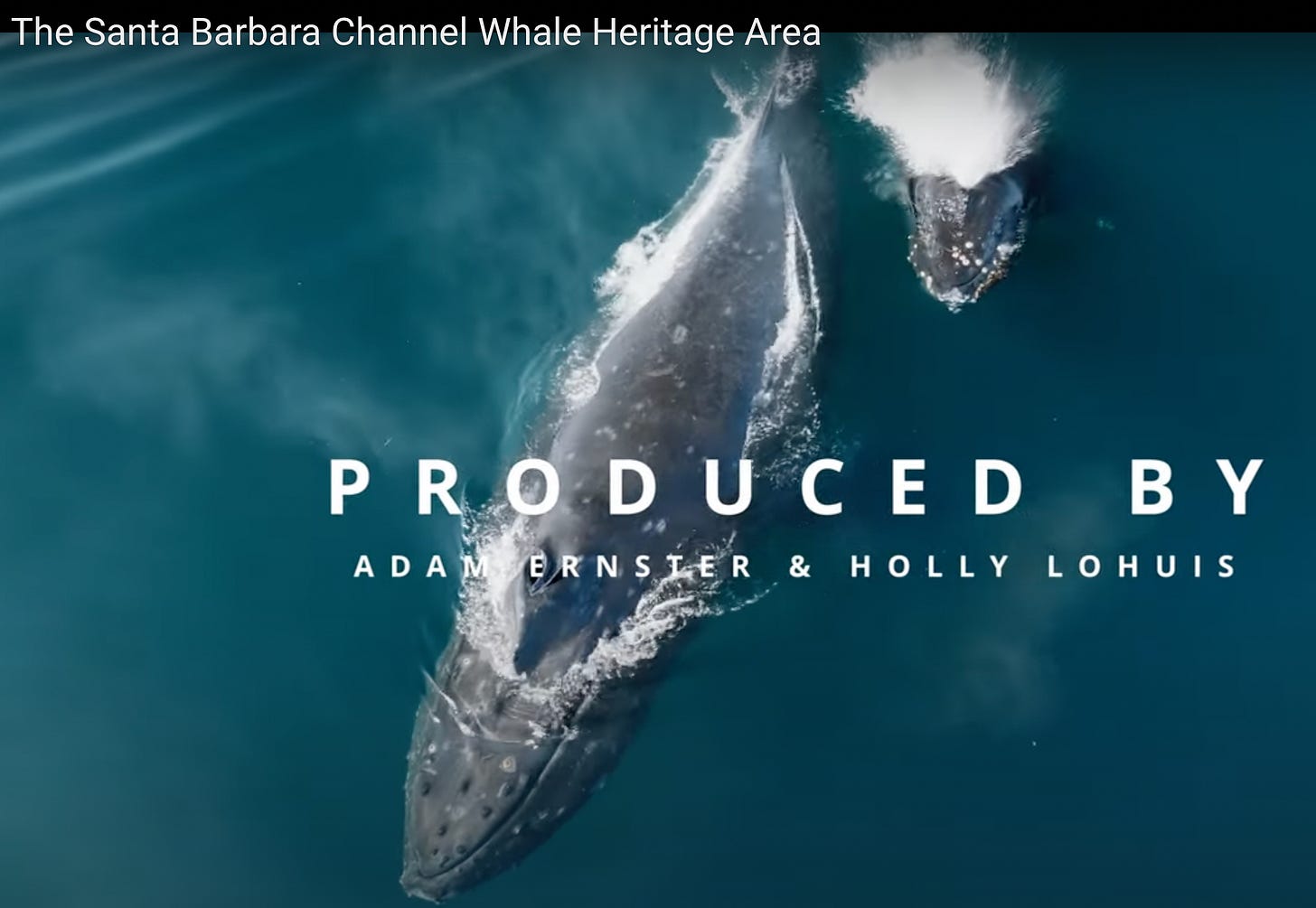Whales could save us … if only we would save them.
We keep inventing climate saving contraptions (which is good), however, Mother Nature has some great ideas. We should listen to her.
So many of us love trees … and we should … each tree absorbs up to 48 pounds of CO2 every year. We should stop slaughtering trees and start planting more.
And, most of us love whales … without realizing that they are more than just really big and might actually save us. We should understand how much we need them.
Fact: 71% of Earth is oceans; 29% land.
Thought: more room for whales to roam than for trees to spread.
Fact: Whale populations are estimated to be only 25% of what they once were.
Possibility: Conservation efforts could bring them back.
Fact: Whales poop a LOT, every day, for close to 100 years each.
Also Fact: Whale poop is what phytoplankton love to eat.
Question: Why should we care about creatures we can’t even see?
Facts: Half of the oxygen we breathe comes from phytoplankton.
40% of all the CO2 we produce is captured by phytoplankton.
And the bottomline:
More whales … more phytoplankton
More phytoplankton … less CO2
Less CO2 … healthier planet
Healthier planet … future for our children.
Another perspective: restoring the whale population could be the equivalent of adding 4 Amazon Rainforests to our planet (in terms of CO2 capture)
Read More: The carbon capture potential of whales is truly startling.
Whales accumulate carbon in their bodies during their long lives. When they die, they sink to the bottom of the ocean; each great whale sequesters 33 tons of CO2 on average, taking that carbon out of the atmosphere for centuries. A tree, meanwhile, absorbs only up to 48 pounds of CO2 a year.
Protecting whales could add significantly to carbon capture because the current population of the largest great whales is only a small fraction of what it once was. Sadly, after decades of industrialized whaling, biologists estimate that overall whale populations are now to less than one fourth what they once were. Some species, like the blue whales, have been reduced to only 3 percent of their previous abundance. Thus, the benefits from whales’ ecosystem services to us and to our survival are much less than they could be.
Santa Barbara Channel Whale Heritage Areas
I live in Santa Barbara and it turns out that the Santa Barbara Channel between the mainland and the Channel Islands is a particularly unique marine ecosystem, particularly for whales. I recently had an opportunity to see a beautiful, inspiring video about the channel and the whales presented by producer and narrator Holly Lohuis and wanted to share it with you.
Please enjoy and please do what you can to help save the whales … and all of us.
Click here to watch the video.
If You Want More: The whale pump
Wherever whales, the largest living things on earth, are found, so are populations of some of the smallest, phytoplankton. These microscopic creatures not only contribute at least 50 percent of all oxygen to our atmosphere, they do so by capturing about 37 billion metric tons of CO2, an estimated 40 percent of all CO2 produced. To put things in perspective, we calculate that this is equivalent to the amount of CO2 captured by 1.70 trillion trees—four Amazon forests’ worth—or 70 times the amount absorbed by all the trees in the US Redwood National and State Parks each year. More phytoplankton means more carbon capture.
In recent years, scientists have discovered that whales have a multiplier effect of increasing phytoplankton production wherever they go. How? It turns out that whales’ waste products contain exactly the substances—notably iron and nitrogen—phytoplankton need to grow. Whales bring minerals up to the ocean surface through their vertical movement, called the “whale pump,” and through their migration across oceans, called the “whale conveyor belt (see Chart 1).” Preliminary modeling and estimates indicate that this fertilizing activity adds significantly to phytoplankton growth in the areas whales frequent.
From: A strategy to protect whales can limit greenhouse gases and global warming







Joyce = eclectic thinker
Joyce, here's something ironic (and pretty much just non sequitur): whale poop is good for the atmosphere, but cow farts are bad.